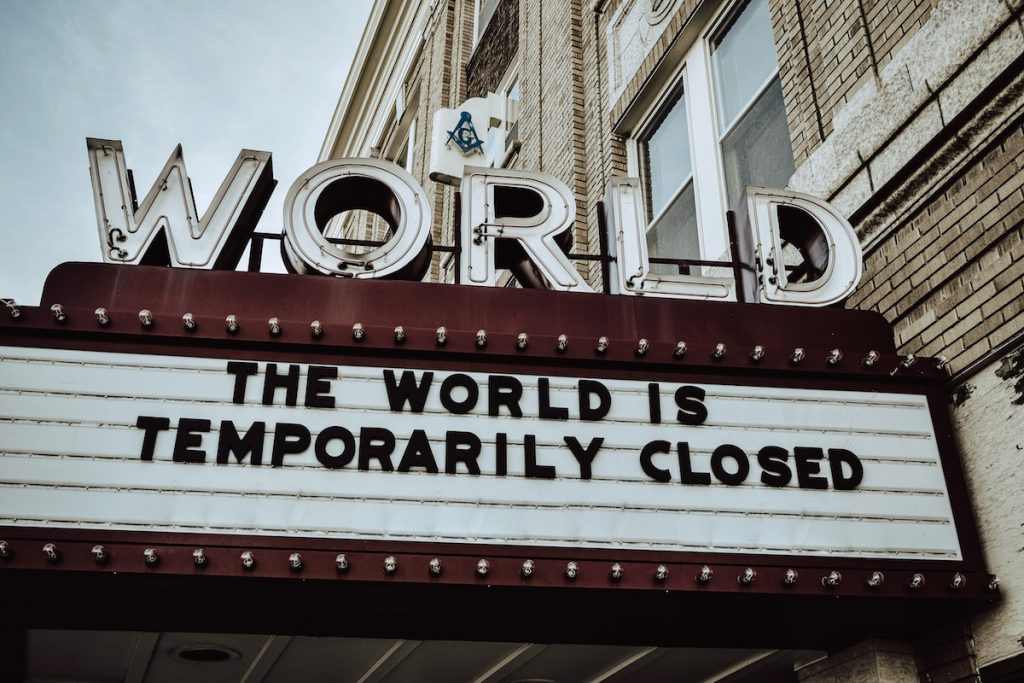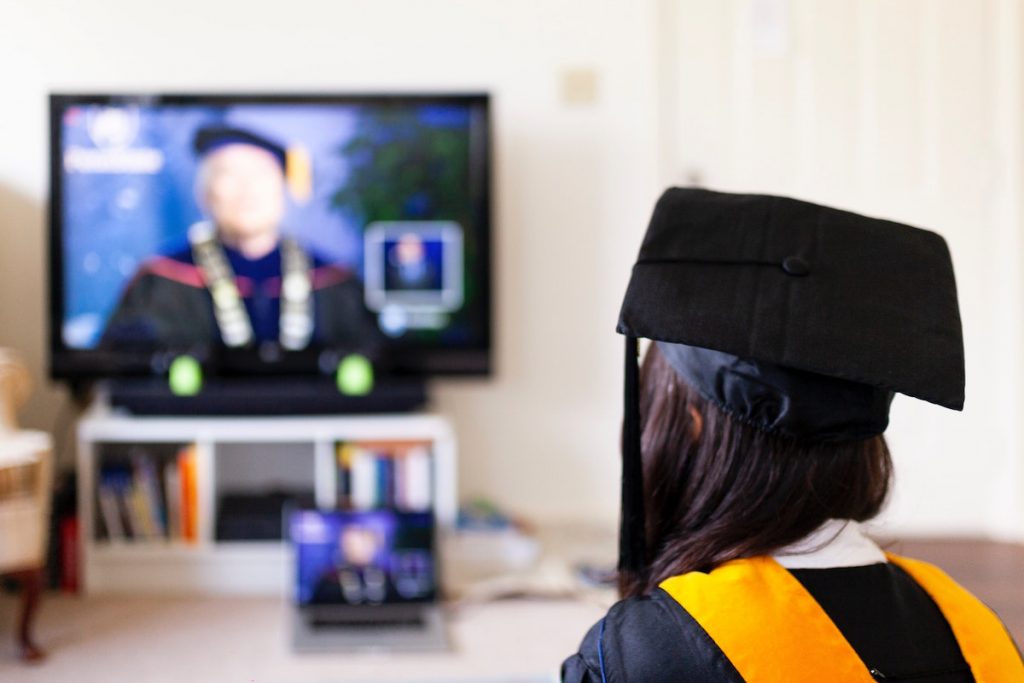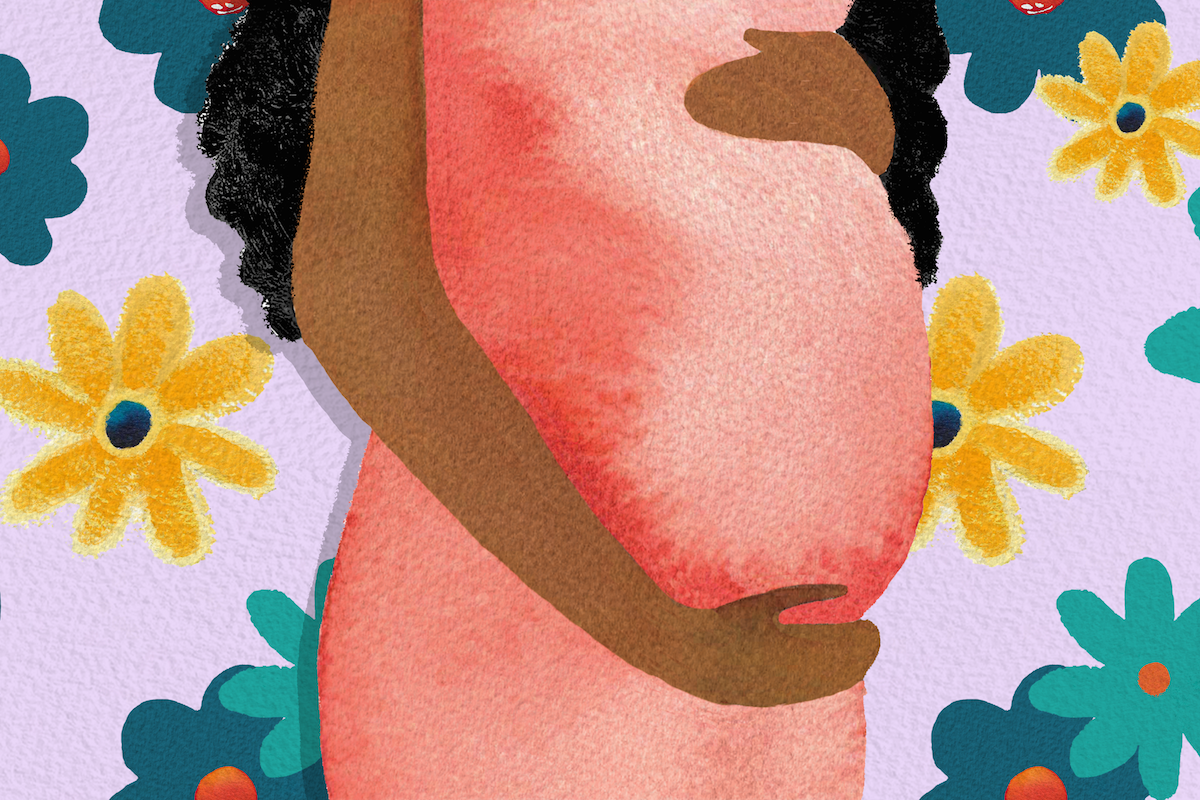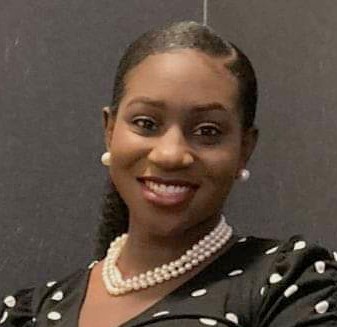In March 2020, I received shocking news: COVID-19 meant that my last spring break as an undergrad student would be spent quarantined in the comfort of my home. At first, being a self-proclaimed introvert, this news excited me because I was nearing the end of my first trimester of my first pregnancy. Being quarantined meant that I’d be able to keep some sense of privacy. I’d get a chance to decide who would receive the news first, instead of my belly being the tell-tale.
The start of this pandemic led to even more “good” news when the president of my university made the wise decision to make classes virtual for the remainder of the semester. I took advantage of this situation by using my free time to prepare for the arrival of my child: taking the occasional day trip to all of the botanical gardens that I could, finding new hobbies and just enjoying this break.

‘Carefree Lifestyle Became Stale’
After a few weeks, this carefree lifestyle became stale. I got bored with all of the idle time. Eventually this led to worry about what this pandemic really meant for the rest of my year with the curve not flattening.
Would I be able to march in the graduation ceremony I’d worked so hard for? Would my child have to live through this season of chaos? How would I have a baby shower for him? What if he never gets to see what normal is?
I pondered these questions as I wondered how long this would last—maybe months, maybe a year, maybe several years. Either way, life still had to go on.
As COVID cases in Mississippi spiked in April 2020, the negative impact on what was supposed to be one of the happiest years of my life appeared right before my eyes. First, my graduation ceremony was cancelled, and students had to move off campus immediately. This meant goodbye to any senior-year traditions, rushed farewells to my professors, friends and classmates, no more late-night runs to the store with my college friends and definitely a “see you next time” to my twin bed in my dorm.
Shortly thereafter, I noticed a change in how my OB-GYN scheduled appointments. Only so many people were allowed to be in the office at once, which made scheduling very difficult. My partner was no longer allowed to join me during my monthly visits, and I had to get my temperature taken at least twice before checking in. Eventually, I came to terms with the changes made with school, but these changes really sent my frustration over the top. I don’t think I’ll ever be able to get over how this pandemic affected my first pregnancy.
Stressors of Pregnancy During A Pandemic
The further along I got, the more dangerous going outside and socializing seemed to become. This made me feel lonely, sad and upset at the unfairness of this whole situation. So, I reached out to my friends and family members to see if I could get some sense of normalcy during my voluntary quarantine. I felt guilty sharing my problems with them because either they didn’t understand me or their issues seemed much more important than mine. I resorted to joining mom support groups, and that still didn’t give me quite the comfort I was searching for since I had yet to become a mother.

The stressors that I dealt with while pregnant ranged from the normal cravings for ice cream at odd hours to learning how to not get upset with those closest to me due to my fluctuating hormones. It was kind of like going through puberty again. My body was changing—I had mood swings, hunger pains and no one really knew how to comfort me, so I decided to comfort myself. I longed for a ride around town with friends, but instead I opted for a solo reflective trip. When it came to needing someone to talk to, I picked up a journal to document my feelings instead. However, when I had those late-night cravings, I had to get creative with what was in the house since everything started to close early.
As I took my happiness back into my own hands and became content with solitude, things got better. I was OK with being by myself, and I really fell in love with it. So aside from having my senior year and a normal pregnancy taken away from me, I am eternally grateful for the opportunity to get back to myself. Being both a senior in college and an expectant mother during a pandemic really took a toll on me mentally, but it also empowered me and showed me that sometimes dedicating time to yourself and being unapologetic about it can be beneficial.
Now working toward a new norm in our society, I welcome the idea of small house gatherings, outside holiday dinners and daily meditations on my own. This pandemic forced me to learn the importance of self-care and adapting to change. While I am looking forward to life going back to what it was pre-COVID, I also have my arms wide open for this new adapted way of life.
This essay is part of the “Equity and Resilience: The Impact of COVID-19 on Mississippi’s Black Women” reporting collaboration between the Mississippi Free Press and the Jackson Advocate, supported by the Solutions Journalism Network. Please write azia@mississippifreepress.com to submit MFP Voices essays or to join upcoming virtual solutions circles.
This MFP Voices essay does not necessarily represent the views of the Mississippi Free Press, its staff or board members. To submit an essay for the MFP Voices section, send up to 1,200 words and factcheck information azia@mississippifreepress.com. We welcome a wide variety of viewpoints.






